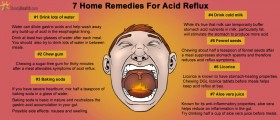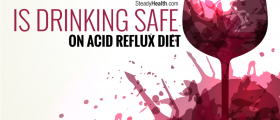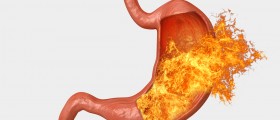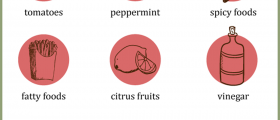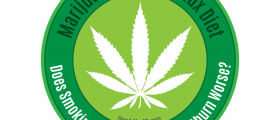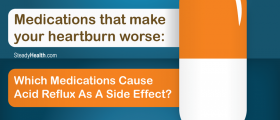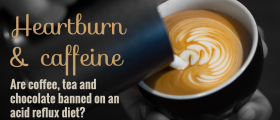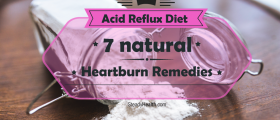Hey! I had 12 or so drinks and woke up the next day with heartburn, took some tums and Prilosec and still have heartburn two weeks later, I know it's heartburn as I have burped and feel the burning sensation. I don't know what to do to make it better and go away. Please help
Loading...
Hi, guest.
Experiencing heartburn after drinking alcohol is not uncommon, as alcohol can relax the lower esophageal sphincter, the valve that normally prevents stomach acids from refluxing into the esophagus. However, if you're still experiencing heartburn two weeks after the incident, and over-the-counter medications like Tums and Prilosec (omeprazole) haven't resolved the symptoms, it's important to take further steps.
Here are some general recommendations for managing heartburn and acid reflux symptoms:
-
Dietary Changes: Avoid foods and drinks that can trigger heartburn. Common triggers include spicy foods, citrus fruits, tomato-based foods, garlic, onions, chocolate, coffee, caffeine, carbonated drinks, and fatty or fried foods.
-
Eat Smaller Meals: Large meals can increase stomach pressure and the likelihood of acid reflux.
-
Don’t Lie Down After Eating: Wait at least three hours after eating before lying down or going to bed.
-
Elevate the Head of Your Bed: Raising the head of your bed by 6 to 8 inches can help gravity keep gastric acid down in your stomach.
-
Weight Management: If you're overweight, losing weight can reduce pressure on the stomach and esophagus.
-
Avoid Tight Clothing: Tight clothing can squeeze your stomach area and push acid up into your esophagus.
-
Stop Smoking and Limit Alcohol: Smoking decreases the lower esophageal sphincter's ability to function properly and alcohol can exacerbate heartburn.
-
Chew Gum: Chewing gum increases saliva production and can help clear acid more quickly.
However, persistent heartburn, especially if it's not responding to over-the-counter medications, warrants medical attention. There could be an underlying condition, such as gastroesophageal reflux disease (GERD), or even something unrelated to the digestive system. In some cases, heartburn symptoms may mimic those of other conditions, including heart problems.
You should seek medical advice if:
- Over-the-counter medications don’t relieve your heartburn
- Heartburn is frequent or severe
- You have difficulty swallowing
- You experience unintentional weight loss along with heartburn
- There is blood in your vomit or stool (which may appear black and tar-like)
A healthcare provider can conduct a thorough assessment and may recommend further testing, such as an upper endoscopy, to look directly at the lining of the esophagus and stomach. In some cases, they may prescribe stronger medications such as proton pump inhibitors or H2 blockers for a longer duration of treatment.
Loading...



